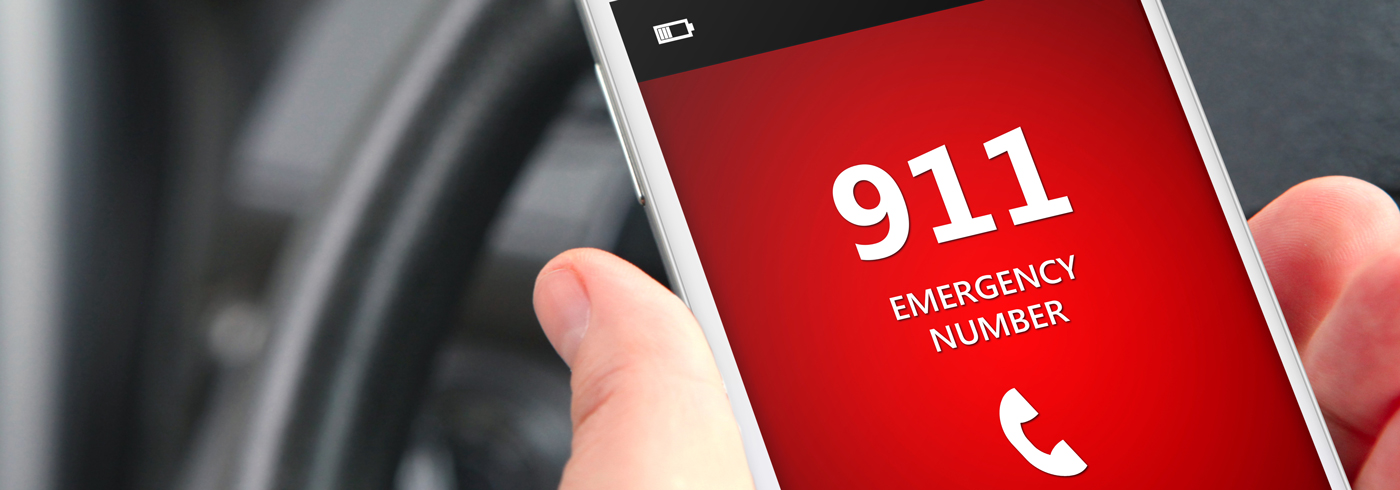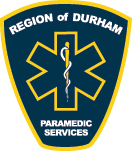
When to Call 911
 Take our survey and provide your feedback!
Take our survey and provide your feedback!
Have you required the services of our paramedics this year? We’d love your feedback! Our survey is open to any Durham resident who has had contact with Durham Region Health Department in the last 12 months. You can complete the survey for yourself, or for another person.
In a serious medical emergency when immediate help is required call 911. Paramedics are trained to provide emergency care during life threatening situations.
Medical emergencies include (but are not limited to):
- Unconsciousness, lack of breathing, or lack of pulse.
- Chest pain or tightness.
- Choking.
- Confusion, disorientation or dizziness.
- Possible broken bones.
- Severe pain.
- Shortness of breath or difficulty breathing.
- Sudden weakness, numbness and/or tingling in the face, arm or leg.
- Sudden difficulty speaking.
- Suspected drug overdose.
- Uncontrollable bleeding.
Remember:
- Stay calm.
- Give clear information and clear directions to your location.
- Do not move the patient unless their life is being threatened.
- Someone should stay with the patient.
- Turn on the outside lights at night so paramedics can find you.
- Have someone meet the ambulance.
- If you live in an apartment, have someone meet the paramedics at the lobby door.
Health care options for non-emergency situations
Did you know that the wait time at an urgent care clinic is usually less than those in a hospital emergency department? For non-emergency situations consider contacting other health care options. These situations might include minor cuts, a mild cough or flu, or routine hospital visits.
Non-emergency options for health care include:
- Telehealth Ontario (1-866-797-0000)
- Your family doctor
- An urgent care or walk-in clinic
- A pharmacist (about general health or use of medications)
Contact Us




